Temporomandibular disorders are the problems with your jaw and the muscles in your face that controls it. Oral and maxillofacial surgeons will help you treat it safely and successfully.
Doctors states that symptoms develop from the jaw muscles problems or with the parts of the joint itself that leads to the TMJ disorder. Conditions like an injury to your jaw, the joint or the muscles of your head and neck can result in temporomandibular disorders. Other factors are:
- Stress may cause you to tighten facial and jaw muscles or clench the teeth.
- Clenching or grinding teeth puts a lot of pressure on the joint.
TMJ disorders result in chronic pain and discomfort. It may be temporary or last for several years. It might affect single or both sides of your face. Women are more prone to it. It occurs between the ages of 20-40. Best oral surgeons in Indore like Dr. Anurag Bhargava will identify the symptoms and suggest treatment.
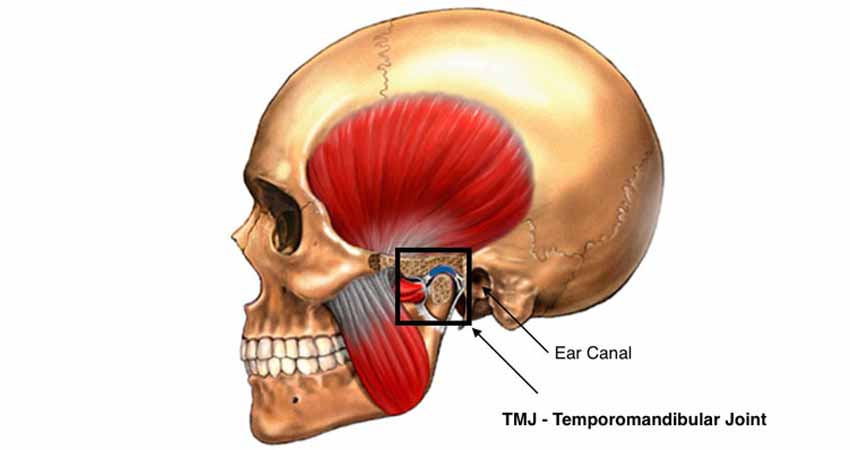
The common symptoms of TMJ disorder are:
- Difficulty in opening mouth wide.
- Ache in your face, jaw joint area, neck and shoulders, an ear when you chew, speak or open your mouth.
- In the open or closed-mouth position, jaws get stuck.
- When you open or close your mouth or chew, clicking sounds in the jaw joint.
- Tiredness in the face.
- Problem with chewing.
- Swelling on face.
- You may also experience toothaches, headaches, neck aches, dizziness, earaches, shoulder pain, and tinnitus (ringing or buzzing in the ears).

To perform a diagnosis, the doctor will check your jaw joints for pain or tenderness and listen for clicks when you move them. He will also see that the jaw works properly and doesn’t lock when you open or close your mouth. He will also check for problems with your facial muscles.
The doctor may take full X-Ray to evaluate your jaw and teeth. Other tests are also conducted like magnetic resonance imaging (MRI) or computer tomography. The MRI can show if the TMJ is in the correct position. A CT scan reveals the bony detail of the joint.
You should consult an oral and maxillofacial surgeon like Dr. Anurag Bhargava for proper care and treatment.
- Take medications – Certain home remedies can help you calm the pain. Drugs like naproxen or ibuprofen can relieve muscle pain and swelling.
- Eat soft food – Include yoghurt, mashed potatoes, cottage cheese, soup, scrambled eggs, fish, cooked fruits and vegetables, beans and grains in your diet. To avoid chewing, cut food into small pieces. It is better to chew foods like caramels and taffy.
- Apply ice packs – Apply ice packs to the side of your face for around 10 minutes. Do some jaw stretches.
- Maintain good posture – Do not place the phone between your shoulder and ear. A correct posture will help you reduce neck and facial pain.
- Do not open your mouth wide – Restrict extreme jaw movements. Keep chewing gum or ice.
- Practice Stress Reduction Therapy – To loosen up your jaw, learn stress relaxation techniques.

- Medications – For pain and swelling, the doctor may prescribe some medications. He may suggest a muscle relaxer or anti-anxiety and antidepressants that controls pain.
- Use plastic mouthpieces – A splint or guard can fit over your upper and lower teeth. They reduce the effects of clenching or grinding and put teeth in a better position.
- Replace Missing teeth – A dentist may use crowns and bridges to correct a biting problem.
If the treatments discussed above do not work, the doctor may suggest one or more of the following:
- Ultrasound – Ultrasound technique can help to calm soreness or improve mobility.
- Radio wave therapy – This therapy helps to promote blood flow and ease the pain.
- Trigger point injections – These injections provide relief to tender facial muscles.
- Transcutaneous electrical nerve stimulation (TENS) – This therapy relieves the pain by relaxing your jaw joint and facial muscles.
- Low-level laser therapy – This therapy reduces pain and inflammation and helps to free your neck movement and open your mouth wide.
- Surgery – TMJ Surgery is the last resort when other treatments don’t work.
Emergency Cases
+91 9826723000
Your treatment plan is designed for steady progress, with every phase promptly implemented.
Related Procedures
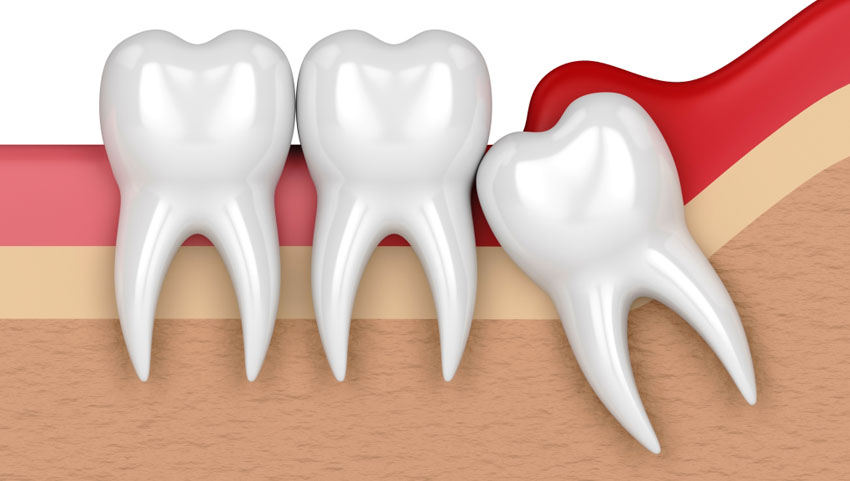
Wisdom tooth
Impacted third molar or, the commonly known as wisdom tooth....
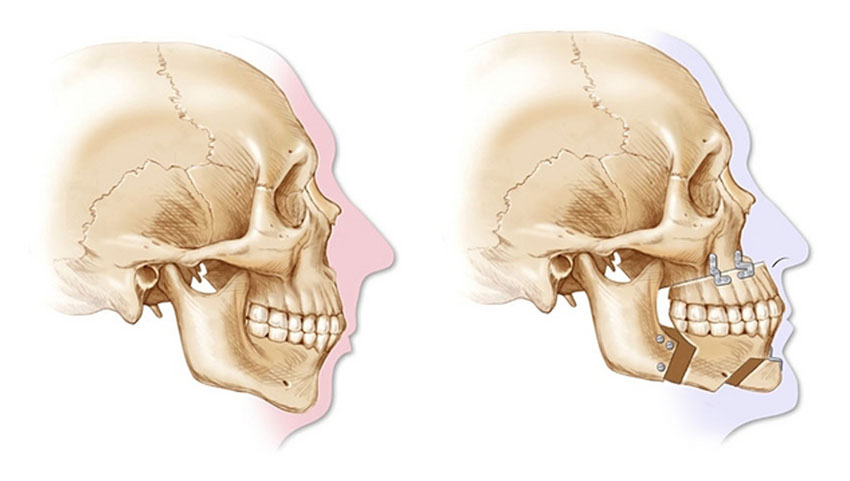
Orthoganthic Surgery
We are all taught growing up that “beauty lies in the eye of the beholder”...
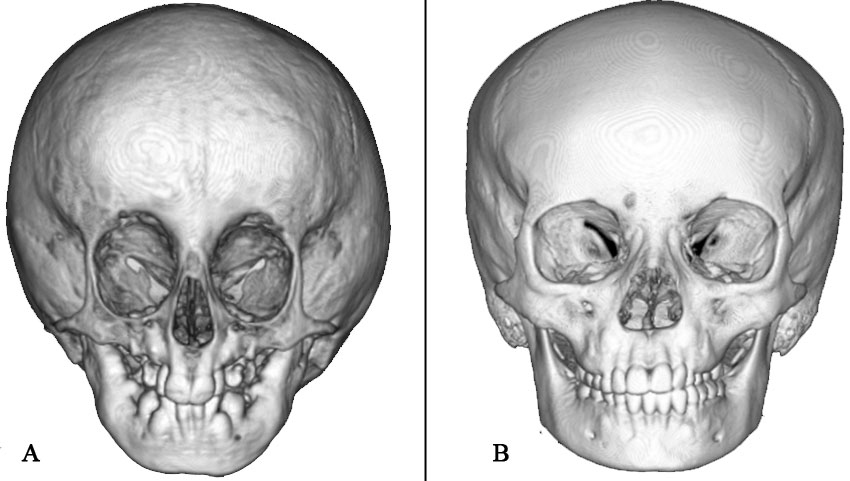
Craniofacial Syndrome
Craniofacial surgery is a subspecialty of maxillofacial surgery that deals with congenital...
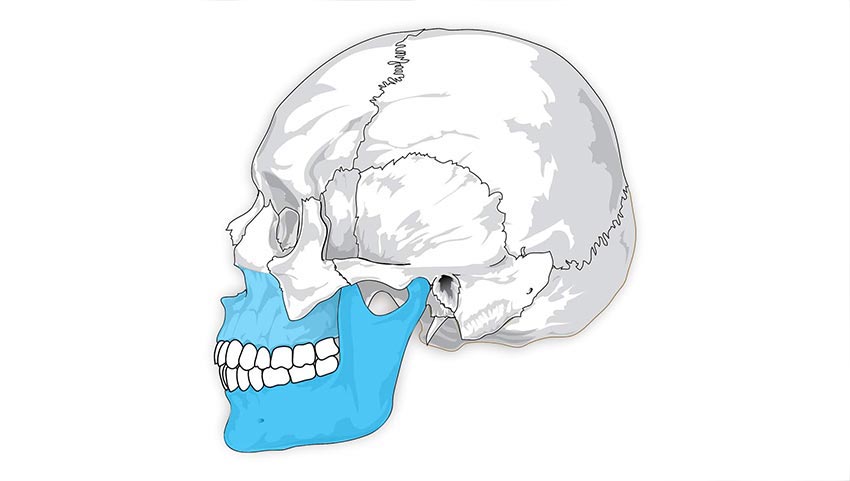
Jaw Fracture
Traumatic facial injuries have been noticed majorly in India. Interpersonal violence...
Make an Appointment
Medical director
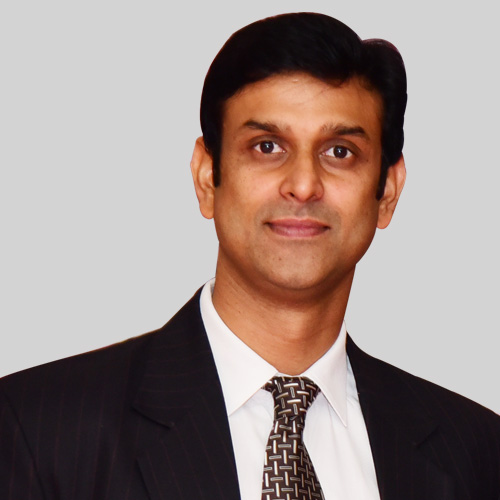
People Say
-
I got a three molars removed from Dr Anurag Bhargav. The surgery was performed in around 30-40 minutes for all the molars. The surgery was performed really well and I had a good experience. After the surgery, I experienced pain for around a week, but the painkillers prescribed really helped. I was satisfied with the quality of surgery and the medical staff at the clinic were also very courteous. They followed up a couple of days after the surgery to take feedback and remind me of the steps needed to heal faster. Overall, I would recommend Dr Anurag Bhargav for teeth extraction. Thank you.

 Aayushi Jain
Aayushi Jain
Mar 18, 2020 -
Hello, My name is Archana Shukla. I am resident of Indore . I had problem regarding my teeth and then I took treatment from Dr. Anurag Bhargava . He suggested me for implant. And now my problem has been cured . The treatment was really good with a very caring atmosphere. I am really grateful for my experience over there. Thank you ..

 Archana Shukla
Archana Shukla
Mar 17, 2020 -
I had some issues with my teeth and visited Dr. Anurag for consultation. My main issue was addressed by RC & Crowing of 2 teeth. Overall Staff who manages everything from Patient interaction to the ones who are directly involved in treatment is doing good Job. My overall experience has been great. I would definitely recommend the place if you have any Dental or Oral issues.

 Jitendra Jeswani
Jitendra Jeswani
Jan 27, 2020 -
Dr. Anurag Bhargav is very nice doctor and excellent person as well. My wife is under his treatment, she is very much satisfied with treatment. A doctor must have good behavior with treatment experience, Dr. Anurag Bhargav has this trait. He is flexible in time, moral boosting.

 anil ojha
anil ojha
Jan 11, 2020

